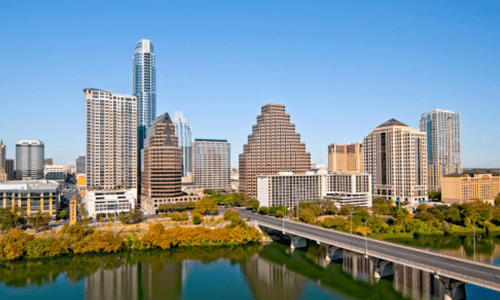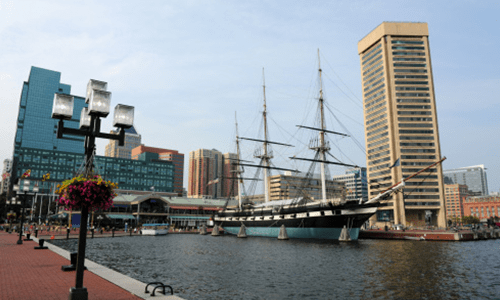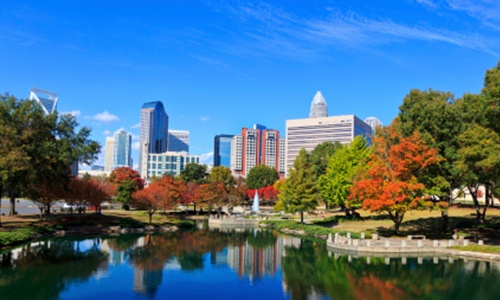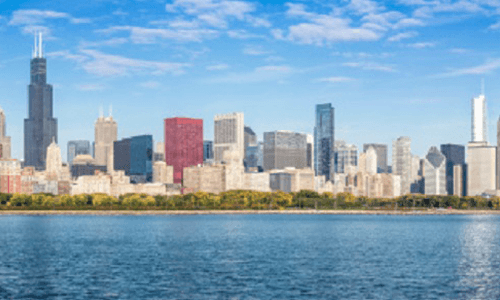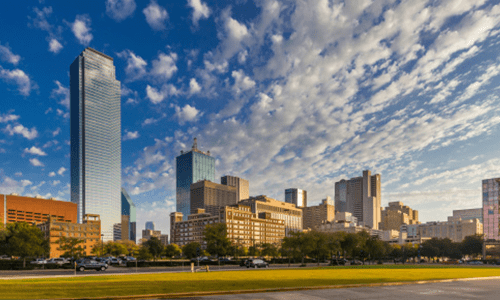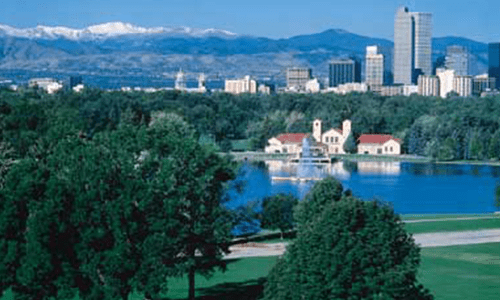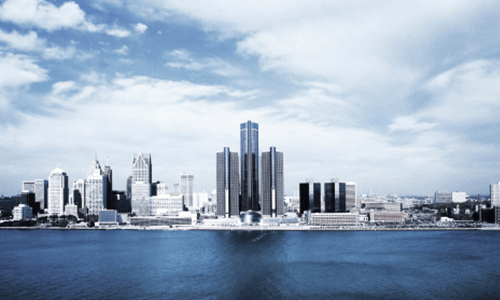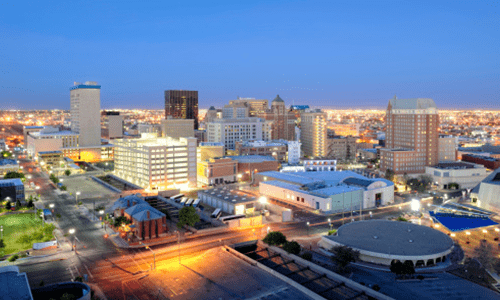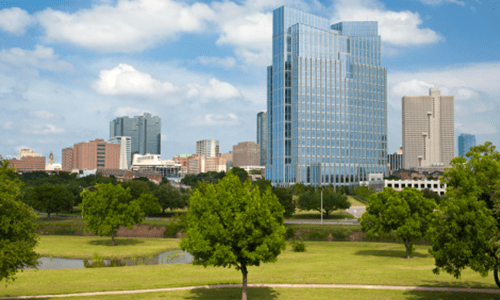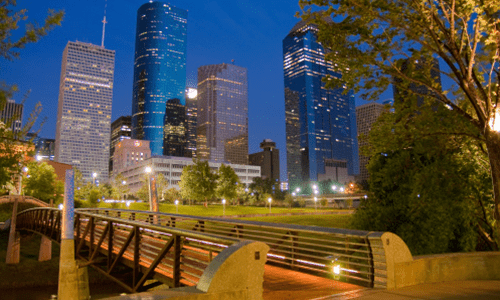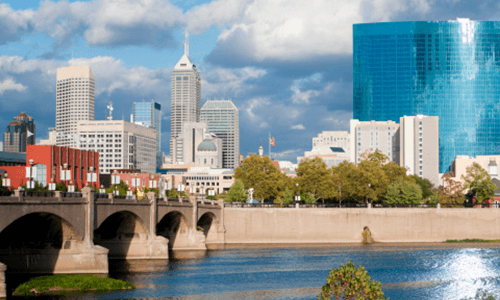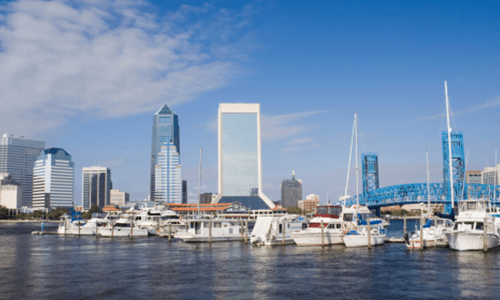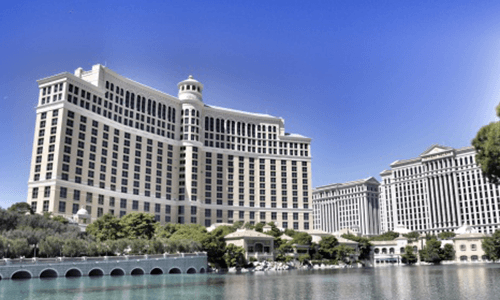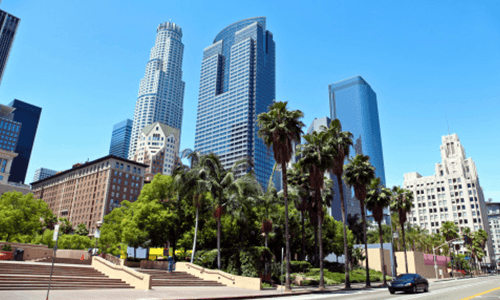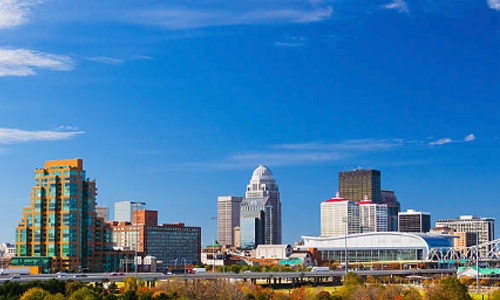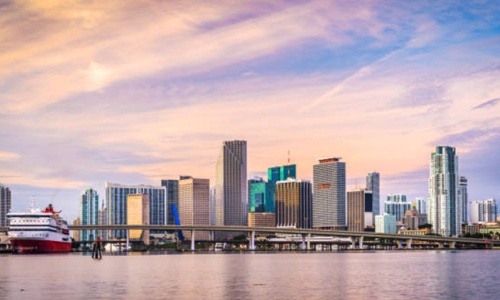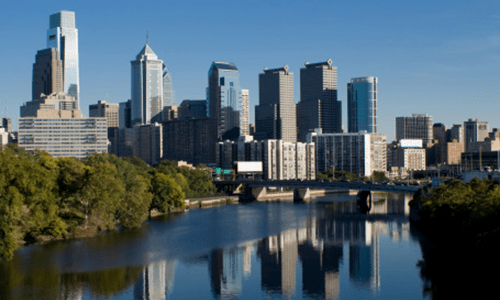
Atlanta, GA
The Atlanta metropolitan area is the eighth-largest economy in the country and 17th-largest in the world. Corporate operations comprise a large portion of the Atlanta’s economy, with the city serving as the regional, national, or global headquarters for many corporations. Atlanta contains the country’s third largest concentration of Fortune 500 companies, and the city is the global headquarters of corporations such as The Coca-Cola Company, The Home Depot, Delta Air Lines, AT&T Mobility, UPS, and Newell-Rubbermaid. Over 75 percent of Fortune 1000 companies conduct business operations in the Atlanta metropolitan area, and the region hosts offices of about 1,250 multinational corporations. Many corporations are drawn to Atlanta on account of the city’s educated workforce; nearly 43% of adults in the city of Atlanta have college degrees, compared to 27% in the nation as a whole and 41% in Boston. Delta Air Lines, the city’s largest employer and the metro area’s third largest, operates the world’s largest airline hub at Hartsfield-Jackson Atlanta International Airport and has helped make Hartsfield-Jackson the world’s busiest airport, both in terms of passenger traffic and aircraft operations. Media is also an important aspect of Atlanta’s economy. The city is a major cable television programming center. Information technology, an economic sector that includes publishing, software development, entertainment and data processing has, garnered a larger percentage of Atlanta’s economic output. Indeed, Atlanta contains the fourth-largest concentration of information technology jobs in the United States.






